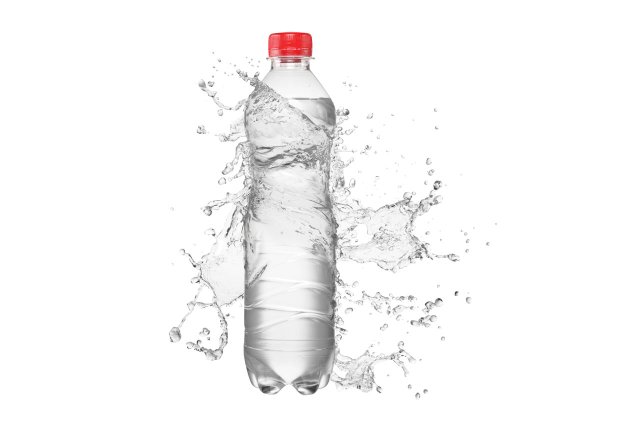Specialized care for a better night’s sleep
If you’re snoring excessively, waking up tired or having other nighttime problems, the St. Mary's Regional Medical Center Sleep Disorders Center may be able to help. Care is focused on diagnosing and treating disorders such as sleep apnea, insomnia and other conditions. For some people, a home sleep study or an overnight stay at the sleep center may be recommended to monitor body functions such as breathing patterns and heart rate. Getting insufficient rest doesn’t just affect how you feel but can also contribute to diseases like high blood pressure (hypertension), diabetes, cancer and others.*
*National Institutes of Health
Taking care to the next level with a new interventional system
St. Mary’s has acquired a new imaging system that offers industry-leading angiographic technology to help guide complex cardiovascular interventions. “We are excited to offer enhanced cardiac capabilities for our patients,” says John Bartolozzi, MD, medical director of the Cath Lab. “And, because we’re among the first in the nation to have this technology, we'll be showcasing our Cardiac Catheterization/Interventional Radiology suite to other hospitals across the country.”
Tips to stay hydrated
Your body needs water to regulate your temperature, get rid of waste and keep your joints lubricated; but sometimes you may need an extra incentive to sip. To stay hydrated, consider these tips from familydoctor.org, a website of the American Academy of Family Physicians.
- Keep a reusable water bottle with you during the day.
- Try adding a slice of lemon or lime to your drink.
- Drink water before, during and after a workout.
- When you’re feeling hungry, drink water. Thirst is often confused with hunger.
- Drink water on a schedule. For example, drink water when you wake up, at breakfast, lunch and dinner, and when you go to bed. Or, drink a small glass of water at the beginning of each hour.
- Drink water when you go to a restaurant.
Staving off skin cancer
Summer may be winding down, but now’s not the time to skimp on sun protection. Ultraviolet (UV) rays can cause skin damage all year round, so it’s important to continue preventive measures like wearing sunscreen, a hat, protective clothing and sunglasses. Also, don’t forget to check your skin regularly and talk with your doctor about skin exams. The American Cancer Society® (ACS) says that many doctors recommend checking your own skin preferably once a month to learn what’s normal and identify changes. Skin cancer is the most common cancer in the United States, according to the ACS. Catching it early can help support effective treatment.

